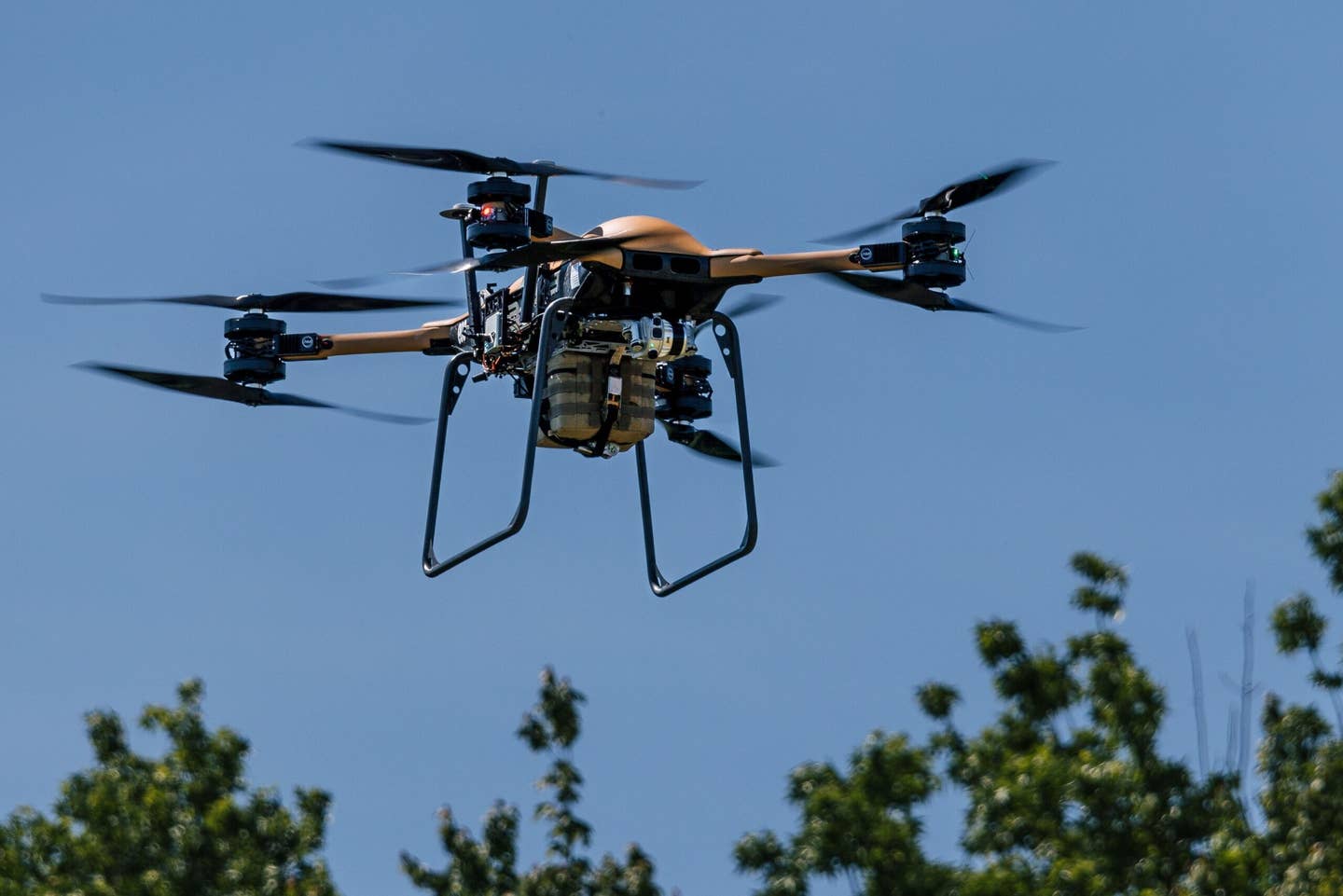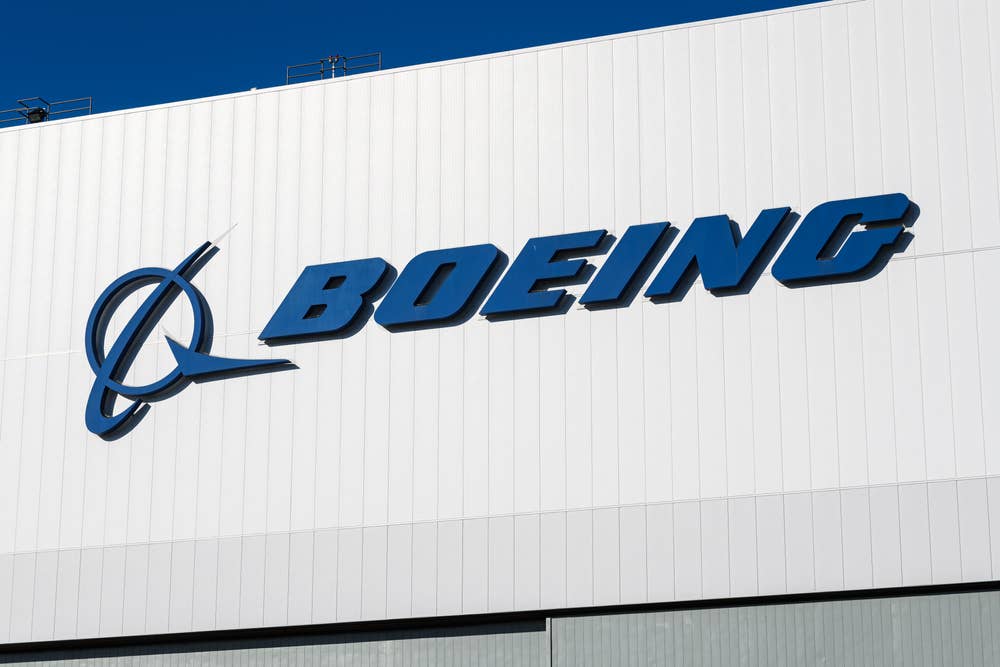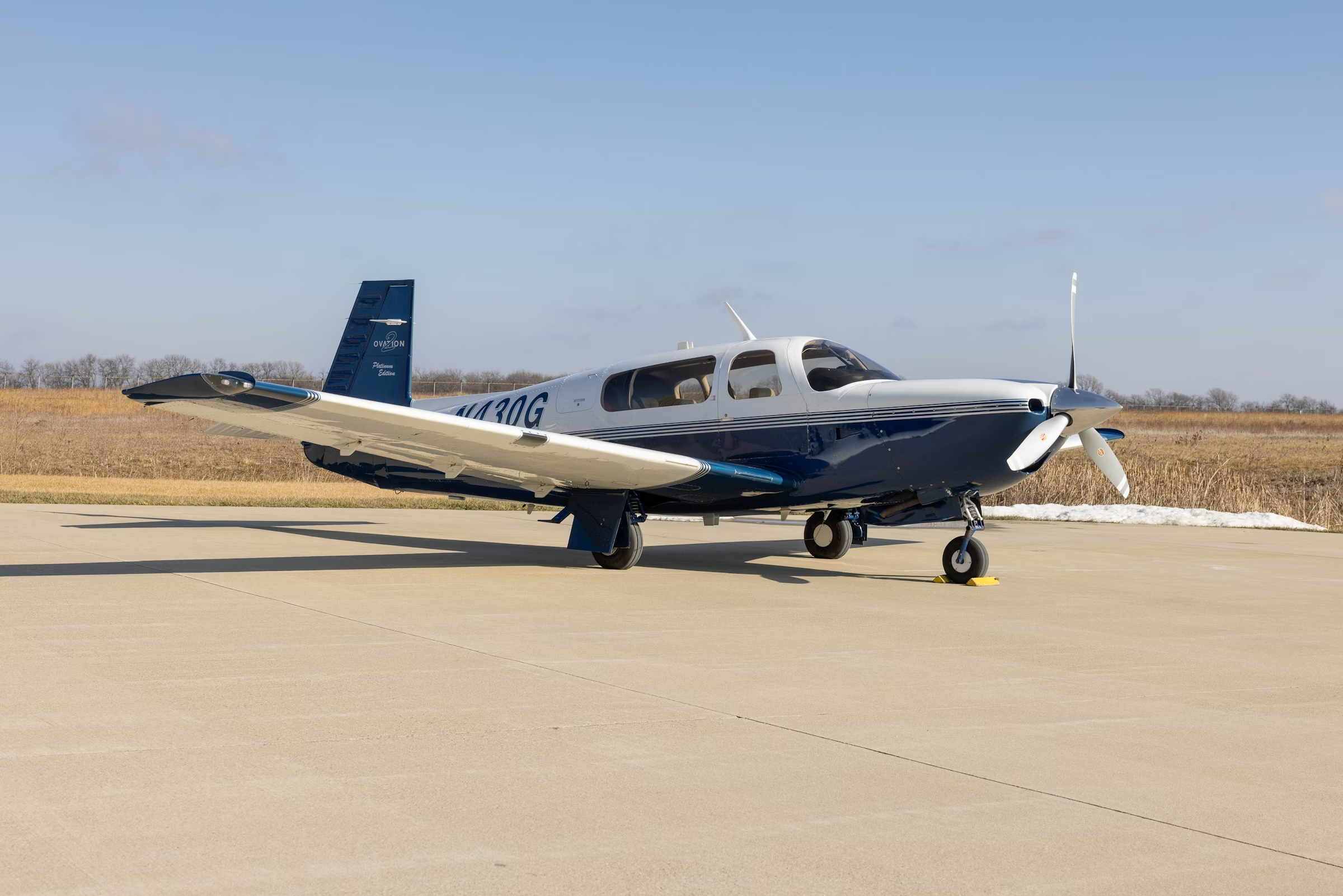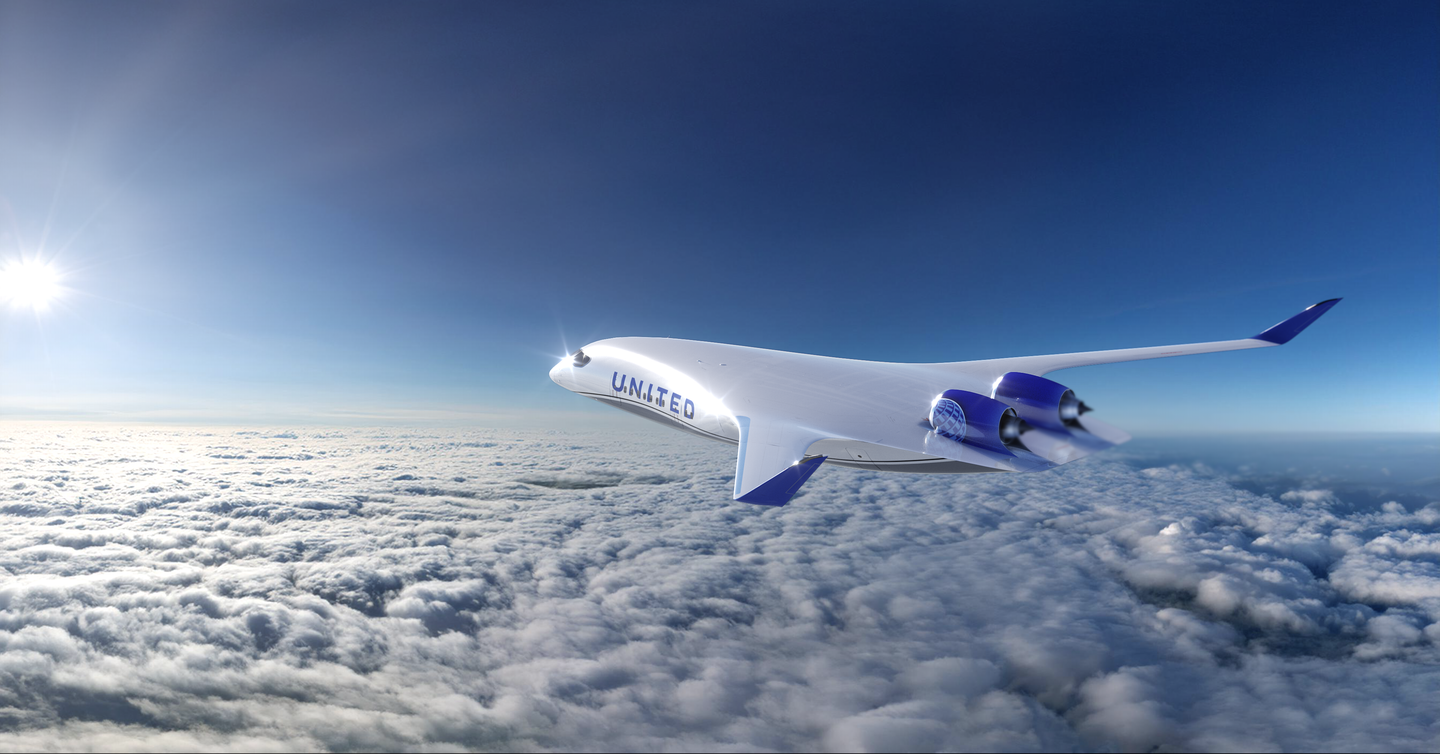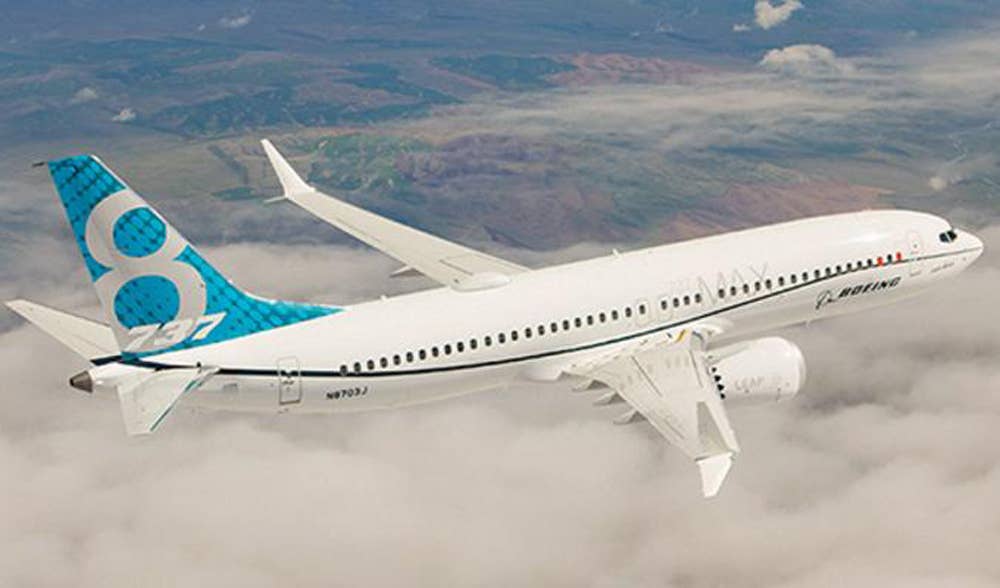
The Boeing 737 Max fleet could be grounded for several more weeks as Boeing and the FAA test a software update. Courtesy Boeing
Boeing executives met on Wednesday in Renton, Washington, with more than 200 pilots, airline representatives and regulators to offer an update on planned software upgrades for the embattled 737 Max fleet as the company tried to win support for the software fix and defended the process under which the airplanes were certified.
The 737 Max is the subject of a criminal investigation and a congressional inquiry that some in the aviation industry believe could have far-reaching implications for how aviation products are certified in the future. Transportation Secretary Elaine Chow has called for an inquiry into the process at Boeing, which certifies new airplanes under the FAA's Organization Designation Authorization (ODA) program that gives company engineers and managers wide latitude in certification oversight.
Some in Congress want the program to end, saying it's tantamount to "putting the fox in charge of the henhouse."
“The FAA decided to do safety on the cheap, which is neither cheap nor safe,” said Sen. Richard Blumenthal, Democrat of Connecticut. He said he plans to introduce legislation to reform the ODA system, which he complained “is so fatally riddled with flaws.”
Boeing and the FAA disagree. Because Boeing's engineers understand their products more deeply than FAA personnel, they are in a better position to manage certification, the company says. Acting FAA Administrator Daniel Elwell, speaking before the Senate Appropriations Committee’s transportation subcommittee, defended the ODA process, saying it is “part of the fabric of what we’ve used to become as safe as we are today.”
Without it, he said, the FAA would need to hire 10,000 more employees and add $1.8 billion to its budget.
At issue is Boeing's decision to add a flight control system called the maneuvering characteristics augmentation system, or MCAS, to the 737 Max 8 that could be triggered due to a single point of failure. Compounding the crisis, Boeing added the system without telling pilots about it.
The possibility that MCAS, in combination with faulty data fed through a single angle-of-attack sensor, could cause pilots to lose control at a critical moment has shaken the confidence of global regulators and airlines. Many pilots say they are angered that they were not given information about how to override MCAS in their training, which consisted of documentation about the 737 Max 8 on an iPad.
Boeing has offered details on the new MCAS software, which is now being scrutinized by regulators. It would command MCAS to rely on information from two AOA sensors rather than just one; an "AOA Disagree" alert on the flight displays that was originally offered as an option will now be standard; and in the event of a sensor failure when the two sensors disagree by more than 5.5 degrees the system won't activate. MCAS will also only activate a single time instead of multiple times at set intervals, and MCAS will never be allowed to exceed a pilot's ability to pull back on the yoke and continue climbing, Boeing said.
Even if the software update is successfully approved and there is never again an issue like the one that investigators believe may have brought down two new 737 Max 8 jets in the last six months, one in Indonesia and the other in Ethiopia, killing hundreds, the public's confidence in the airplane and in Boeing has been badly shaken.
So far, one airline, Garuda, Indonesia's national carrier, has canceled an order for 50 737 Max 8 jets. Other airlines are weighing the fallout from the crisis as they warn flight cancellations due to the global grounding of the 737 Max fleet could drag on for weeks. American Airlines, which owns 24 Boeing 737 Max aircraft, is cancelling about 90 flights a day. Southwest Airlines, which has 34 737 Max planes as part of its 750-large fleet of 737 aircraft, has been cancelling an average of 130 of its 4,000 daily flights. United Airlines said it does not expect any further fight cancellations.
The U.S. Department of Justice has reportedly subpoenaed Boeing as part of a criminal investigation into the certification and marketing processes for the 737 Max and the FBI in Renton, where Boeing has its production plant, is investigating the company's certification and marketing processes.
Hearings in Congress will continue as Boeing and the FAA work to bring the MCAS software update to the 737 Max fleet. The separate investigations into the 737 Max 8 crashes, meanwhile, will likely take more than a year to complete.

Sign-up for newsletters & special offers!
Get the latest FLYING stories & special offers delivered directly to your inbox

